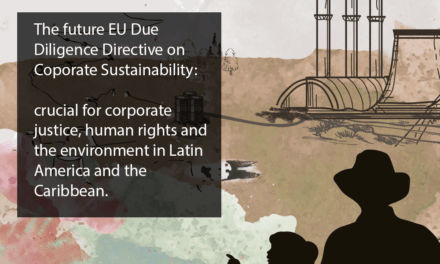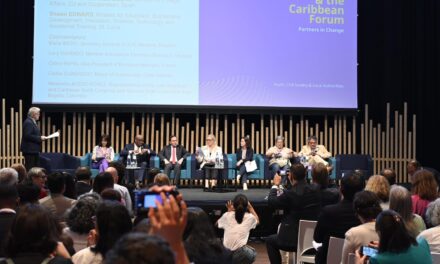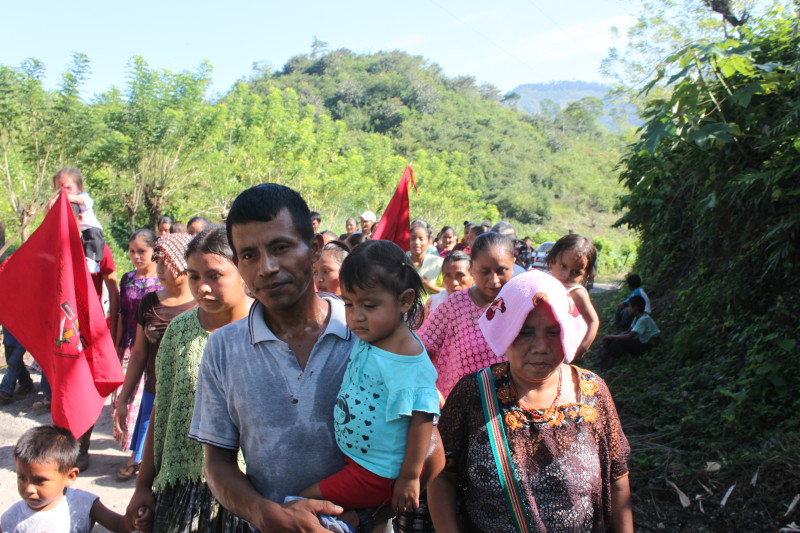During the second half of 2011 the free trade agreement (FTA) between the European Union (EU) and Colombia and Peru and the Association Agreement (AA) between the EU and Central America (CA) are expected to be presented by the European Commission to the Council and the European Parliament (EP). This will be the first time during the entire 4-year negotiation process that the EP can actually see and analyse the text, yet it cannot change or modify the agreements; it gives its consent by simple majority on a “take it or leave it” basis.
The EU-CA AA contains three pillars – political dialogue, cooperation and trade. However, as the two regions signed an agreement on political dialogue and cooperation already in 2003, the trade pillar (free trade agreement) constitutes the principal change in the bi-regional relations. The EU agreement with Colombia and Peru is a Multi-Party Trade Agreement that also includes political clauses.
Trade is important, necessary and could be a means to promote sustainable development. However, we strongly believe that the trade agreements negotiated do not meet their overall objectives to contribute to sustainable development and poverty reduction, but instead, risk doing the opposite. The agreements disregard the asymmetries in development levels between the EU on the one hand and CA, Peru and Colombia on the other.
These concerns are shared by many civil society networks, organisations, academics, trade unions and social movements around the world, especially in Latin America and Europe. A profound and inclusive discussion in the EP on the implications of these agreements is needed in order to ensure an effective democratic control. This paper offers elements for consideration during this democratic debate.
Related documents:
Document




